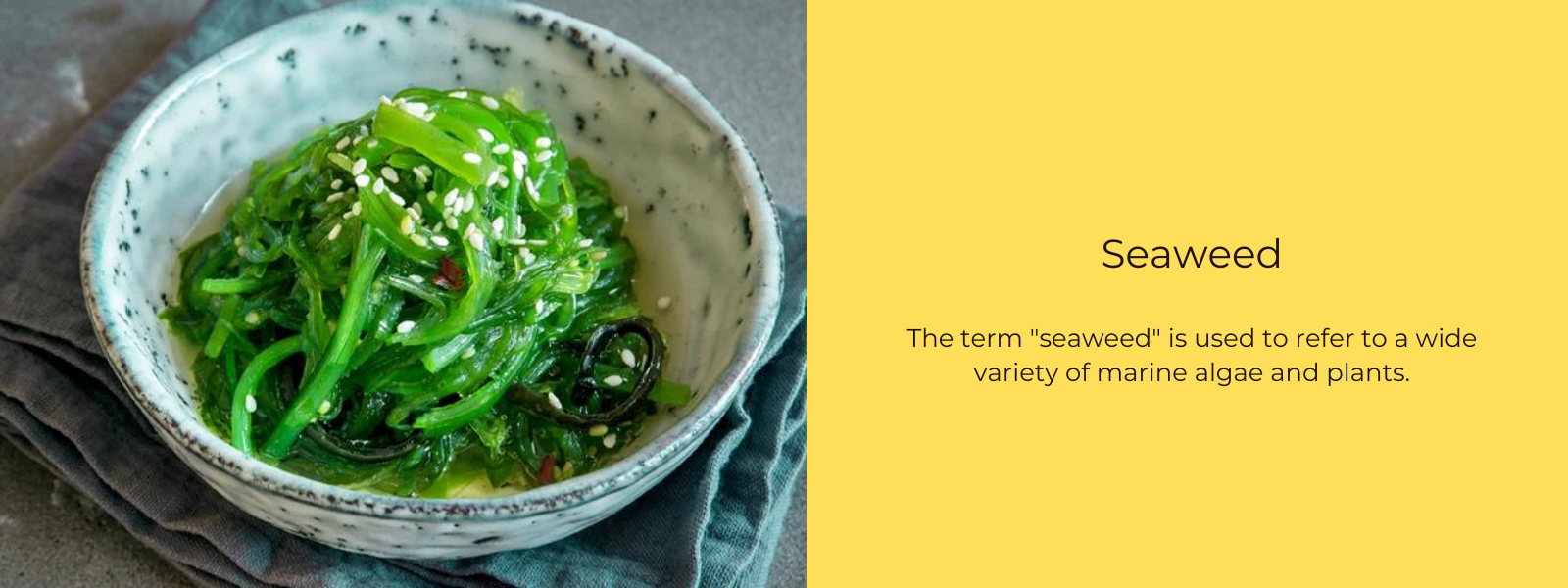Mackerel is an excellent source of vitamin D, offering numerous health benefits. This fatty fish is packed with vitamin D, which plays a vital role in maintaining bone health by aiding calcium absorption and promoting strong bones and teeth. Adequate vitamin D levels are essential for a robust immune system, helping the body ward off infections and illnesses. Furthermore, vitamin D supports cardiovascular health by regulating blood pressure and reducing inflammation. It also contributes to mental well-being, with sufficient levels linked to a lower risk of depression and improved mood. Including mackerel in your diet is a delicious and effective way to ensure you receive these important health benefits, contributing to overall physical and mental wellness.
Table of Contents
What Makes Mackerel a Rich Source of Vitamin D
Mackerel is one of the richest dietary sources of vitamin D, and several factors contribute to its high vitamin D content:
- Natural Diet: Mackerel consume a diet rich in smaller fish and plankton that are high in vitamin D. This nutrient-rich diet is directly transferred to mackerel, making them a potent source of vitamin D.
- Fat Content: Mackerel are fatty fish, and vitamin D is fat-soluble. The high-fat content in mackerel helps in the storage and delivery of vitamin D efficiently when consumed.
- Species and Habitat: Certain species of mackerel, particularly those that inhabit colder waters, tend to have higher levels of vitamin D. The fish from these regions accumulate more vitamin D due to the need to store more fat for insulation.
Benefits of Mackerel
Consuming mackerel provides numerous health benefits, largely due to its high nutrient content:
- Rich in Omega-3 Fatty Acids: Mackerel is an excellent source of omega-3 fatty acids, which are essential for heart health. These fatty acids help reduce inflammation, lower blood pressure, and decrease the risk of heart disease.
- High in Protein: Mackerel provides high-quality protein, essential for muscle repair and growth.
- Vitamin D Benefits:
- Bone Health: Vitamin D in mackerel aids in calcium absorption, promoting strong bones and teeth.
- Immune Support: It boosts the immune system, helping the body fight infections and diseases.
- Mood Regulation: Adequate vitamin D levels are linked to improved mood and a lower risk of depression.
- Cardiovascular Health: Supports heart health by regulating blood pressure and reducing inflammation.
- Muscle Function: Contributes to muscle strength and function, essential for overall mobility and physical performance.
- Rich in B Vitamins: Mackerel is also rich in B vitamins, which are vital for energy production and maintaining a healthy nervous system.
Ways to Use Mackerel
Mackerel can be prepared and enjoyed in various ways:
- Grilling: Grilled mackerel is flavorful and can be seasoned with herbs, spices, and lemon.
- Baking: Baking mackerel with vegetables and spices provides a nutritious and balanced meal.
- Smoking: Smoked mackerel is rich in flavor and can be used in salads, spreads, and sandwiches.
- Canning: Canned mackerel is convenient and can be used in a variety of dishes such as salads, pasta, and casseroles.
- Searing: Pan-seared mackerel can be quickly cooked and served with a side of vegetables or salad.
Best Mackerel Recipes
Here are some delicious mackerel recipes to try:
- Grilled Mackerel with Lemon and Herbs:
- Ingredients: Mackerel fillets, lemon slices, fresh herbs (such as parsley and thyme), olive oil, salt, and pepper.
- Method: Season the mackerel fillets with salt, pepper, lemon slices, and herbs. Grill until the fish is cooked through and serve with a fresh salad.
- Baked Mackerel with Vegetables:
- Ingredients: Mackerel fillets, cherry tomatoes, bell peppers, red onions, garlic, olive oil, salt, and pepper.
- Method: Arrange mackerel fillets and vegetables on a baking sheet, drizzle with olive oil, and season. Bake until the fish is tender and vegetables are roasted.
- Smoked Mackerel Pâté:
- Ingredients: Smoked mackerel, cream cheese, lemon juice, horseradish, chives, salt, and pepper.
- Method: Blend all ingredients in a food processor until smooth. Serve with crackers or toasted bread.
- Mackerel Salad:
- Ingredients: Canned mackerel, mixed greens, cherry tomatoes, cucumber, red onion, olive oil, lemon juice, salt, and pepper.
- Method: Toss mixed greens with cherry tomatoes, cucumber, and red onion. Top with flaked mackerel and drizzle with olive oil and lemon juice.
- Pan-Seared Mackerel:
- Ingredients: Mackerel fillets, olive oil, garlic, lemon juice, salt, and pepper.
- Method: Heat olive oil in a pan, add garlic, and then sear mackerel fillets until crispy and cooked through. Squeeze lemon juice over the top before serving.
Conclusion
Mackerel is not only a delicious and versatile fish but also an outstanding source of vitamin D and other essential nutrients. Regular consumption of mackerel can support bone health, enhance immune function, and improve cardiovascular health, among other benefits. With numerous ways to prepare and enjoy this nutrient-dense fish, incorporating mackerel into your diet can be both a tasty and healthful choice.











Leave a comment